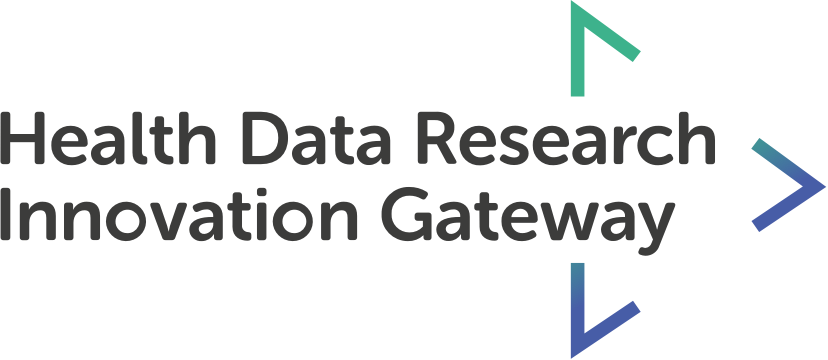Lay Summary
Background: People who use illicit opioids such as heroin have substantial health needs, but there are few longitudinal studies of general health and healthcare in this population. Most research to date has focused on a narrow set of outcomes, including overdoses and HIV or hepatitis infections. We developed and validated a cohort using UK primary care electronic health records (Clinical Practice Research Datalink GOLD and AURUM databases) to facilitate research into healthcare use by people who use illicit opioid use (HUPIO). Methods: Participants are patients in England with primary care records indicating a history of illicit opioid use. We identified codes including prescriptions of opioid agonist therapies (methadone and buprenorphine) and clinical observations such as ‘heroin dependence’. We constructed a cohort of patients with at least one of these codes and aged 18-64 at cohort entry, with follow-up between January 1997 and March 2020. We validated the cohort by comparing patient characteristics and mortality rates to other cohorts of people who use illicit opioids, with different recruitment methods. Results: Up to March 2020, the HUPIO cohort included 138,761 patients with a history of illicit opioid use. Demographic characteristics and all-cause mortality were similar to existing cohorts: 69% were male; the median age at index for patients in CPRD AURUM (the database with more included participants) was 35.3 (interquartile range 29.1-42.6); the average age of new cohort entrants increased over time; 76% had records indicating current tobacco smoking; patients disproportionately lived in deprived neighbourhoods; and all-cause mortality risk was 6.6 (95% CI 6.5-6.7) times the general population of England. Conclusions: Primary care data offer new opportunities to study holistic health outcomes and healthcare of this population. The large sample enables investigation of rare outcomes, whilst the availability of linkage to external datasets allows investigation of hospital use, cancer treatment, and mortality.
Authors:
Lewer D, Padmanathan P, Qummer Ul Arfeen M, Denaxas S, Forbes H, Gonzalez-Izquierdo A, Hickman M.
Original content: https://web.www.healthdatagateway.org/paper/33659712
